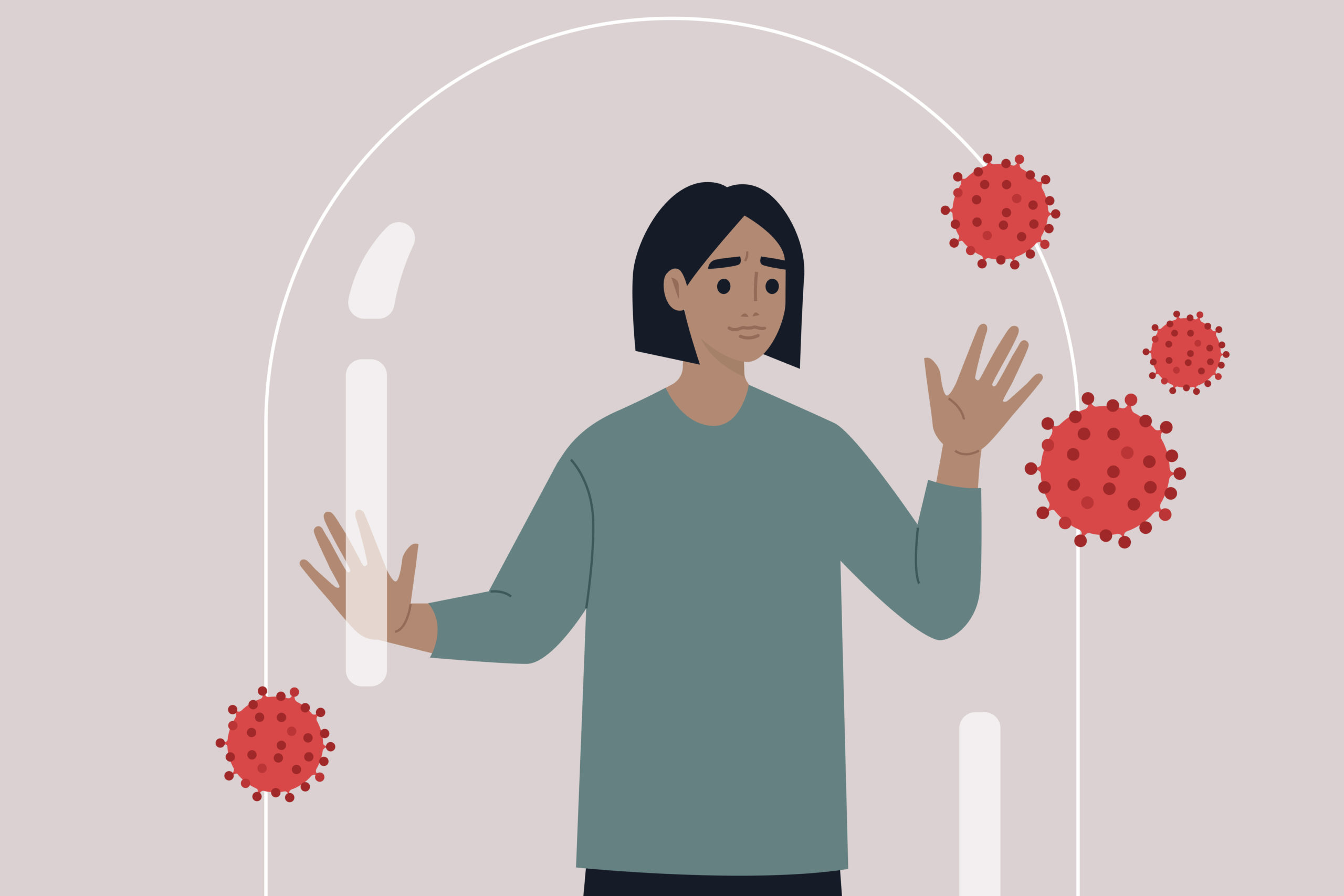Are crash diets as dangerous as we once thought and do they produce results we can sustain?
Dr Javid Abdelmoneim gets together with some of the best of Britain’s Scientists in a positive new experiment that puts the latest research on crash dieting to the test in BBC One’s The Big Crash Diet Experiment.
Crash dieting has always had a bad reputation, and for good reason. It’s associated with symptoms including heart attacks, loss of muscle mass, difficulty digesting foods, bad breath, low energy and the overall health of your body.
As an A&E Doctor Dr Javid, is trying to encourage less strain on the NHS and has decided to experiment with four participants, they need to give up normal food and spend 9 weeks on an extremely low-calorie diet of just 800 calories a day consisting of soups and shakes.
Although the NHS do not positively recommend these diets, stating that they will not be nutritionally complete and that they’re not sustainable, explaining people will most likely put weight back on immediately when they return to a normal diet.
Midlife Volunteers
Four obese volunteers, all see the crash diet as their last help. The group were brought together to share a house for the duration of the experiment.
Paul, has just been diagnosed with type 2 diabetes but wants to be around for his grandchildren. Tracey still cooked meals for 6 people, even though her children have left home! Rebecca’s diet consists of nearly all takeaways (so many that she was invited to the local kebab man’s wedding!) and finally, Yolande has fatty liver disease.
The Diet
The programme they participated in is also commercially available, making it easier to follow as making all the shakes and soups yourself could be lengthy and that’s when interest wanes. These type of diet soups typically have far more protein in them and have been specially formulated to be as filling as possible.
How the body copes
Throughout the process, Dr Javid closely monitored the volunteer’s blood pressure and body fat.
After the first week of fasting, the reading showed blood in the heart and the blood initially increased by 50%, meaning the heart had to work a lot harder than usual.
As the body switched to burning fat from burning sugar, the body is collecting the fat stores from wherever it can. With such a low-calorie diet, the body is forced to raid stores for energy and this releases fat into the bloodstream.
Did it work?
Yes… all four volunteers lost a huge amount of weight. Paul had a 20% reduction in fat from his overall weight loss and his diabetes went into remission. Rebecca lost nearly 3 stone and Yodande’s liver fat was reduced by a third!
Now four months on and all 4 volunteers have changed their eating habits and are still losing more weight and improving their energy levels.
How is this for inspiration? Watch the full documentary here.
Consult your doctor if you have over 2 stone to lose and make sure that you lose the weight safely and under their guidance. This diet is not recommended to people with a serious heart condition. But diet is recommended to people needing to lose 2 stone or more.




